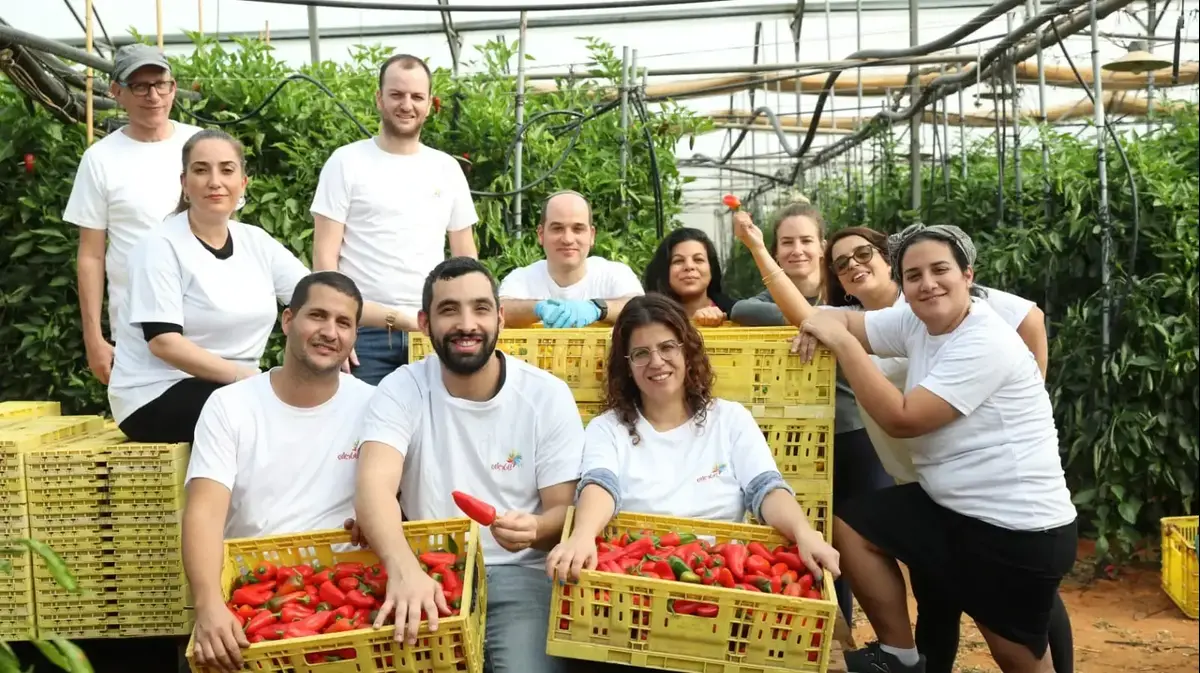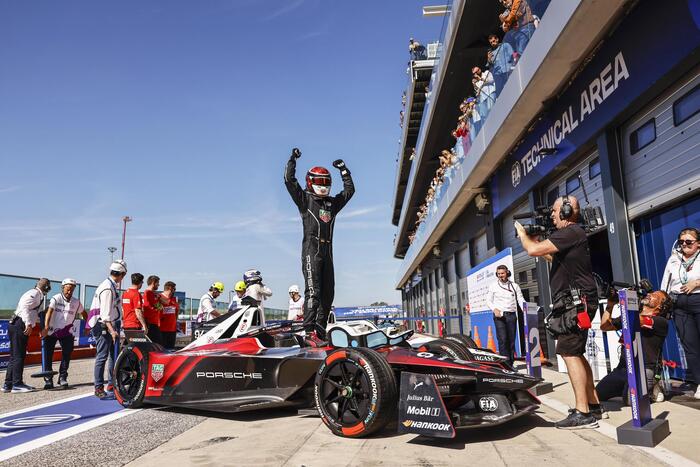The President of Colombia, Gustavo PetroPRESIDENCIA COLOMBIA (COLOMBIAN PRESIDENCIA)
The government of President Gustavo Petro has a big challenge when making the decision on which of the hundreds of young people detained in the framework of the national strike will benefit from their freedom by being declared peace managers.
A decision that has a legal framework, but that is above all a political decision.
Interior Minister Alfonso Prada and Justice Néstor Osuna have said that there will be no pardon or amnesty and that each case will be analyzed individually.
There will be no general release.
And that is precisely what is most important because not all the detainees are accused of the same crimes and some of them are extremely serious.
Opposite reactions were immediately triggered by President Gustavo Petro's announcement to release these young people to be peace managers.
Some argue that social protest was criminalized and that is why the decision is fair, others consider that criminals cannot be rewarded and that a bad message is sent to society.
They serve some elements of context.
The figure of peace managers has been used by various governments.
Criminals responsible for atrocious acts have obtained freedom under the law that allows the Government to request the lifting of arrest warrants as part of the strategies to advance peace talks with groups outside the law.
In 2009 Elda Neyis Mosquera García, alias 'Karina', and Raúl Agudelo Medina, alias 'Olivo Saldaña', two guerrillas whose criminal investigations included crimes such as kidnapping, extortion and murder, were granted freedom to be peace managers.
A couple of years earlier, in 2007, by order of then President Álvaro Uribe Vélez, Rodrigo Granda from the Farc was also released with the same legal recourse.
The first thing then is that the figure of peace manager is not new;
Legislation has existed that allows it to be done for a long time and appears in Law 418 of 1997, a rule that was extended and modified several times, the most recent in Law 2272 of 2022 known as the “total peace” law.
Article 8 of the two laws speaks of "representatives expressly authorized by the national government, in order to promote reconciliation among Colombians, peaceful coexistence and achieve peace."
Subsequently, paragraph 2 authorizes, at the request of the National Government, the lifting of arrest warrants for those who are going to participate in the peace talks.
These norms are those that, according to the Government, would be the legal basis to be able to release the detainees.
However, there are several doubts.
The first is to know how many will be released.
Minister Prada said that 230 cases will be analyzed. Will all those released go to the dialogue tables?
And if they do, are they going on behalf of some illegal group or will they be government spokesmen?
The current norm establishes that they can go on behalf of "an organized armed group outside the law", of "an organized armed structure of high-impact crime" or as "members of social and humanitarian organizations to whom the President of the Republic consider they can contribute to the peace process, to social conflict, and are in deprivation of liberty.”
In what capacity do they come to the table and if they don't go, what tasks will they have?
Nor is it clear what happens to the condemned.
Minister Néstor Osuna said that the processes against the people who are released will continue.
However, when asked about the condemned, he said that it is still not clear and that this will be regulated.
It is also worth asking whether members of the public force arrested for crimes committed in the national strike could be released.
The standard allows it.
Doing so is a political decision.
President Gustavo Petro is fulfilling a promise made to young people who participated in the social protest and who are an important base of his followers and who voted for him.
Let's remember that the issue was in his victory speech and that they tried to include a pardon article in the total peace project that finally fell through.
Now the figure of peace managers seems to be used very elastically in order to request the lifting of arrest warrants.
Can the norm be stretched so much?
The decision is not minor.
Among the detainees there are some who have been charged with serious crimes.
This is the case of Sergio Andrés Pastor, already sentenced to 14 years in prison.
It is difficult for President Gustavo Petro to request his release after a conviction for conspiracy to commit a crime and torture.
The character has become a symbol of the crimes committed in the framework of the strike.
Do not forget, however, that others convicted of atrocious crimes have been peace managers.
On the other shore are the abuses by the public force documented in various settings.
The most recent is the Amnesty International report in which 28 cases of sexual and gender violence in the framework of the strike are reported in detail.
This has made it possible to say that there were also abuses in the arrests and charges, and that the protest was criminalized, as President Gustavo Petro himself has said.
In the arguments to grant freedom, it is said that they seek to appease the country by all means.
However, it is not clear if the objective will be achieved.
The decision sends a message of peace to a sector that felt their rights violated in the protest, but radicalizes another that does not support those concessions and that also felt that collective rights were affected.
The matter is not easy.
Once again, President Gustavo Petro makes a bold move.
It would be ideal for the decision of who is granted freedom and what tasks they will have to think about the country, the whole country, because that is the only way that a decision that seeks to pacify does not become another cause of confrontation and violence.
Subscribe here
to the EL PAÍS newsletter on Colombia and receive all the latest information on the country.
Sign up for free to continue reading
LOGINSIGN UP
Or subscribe to read without limits



/cloudfront-eu-central-1.images.arcpublishing.com/prisa/HWNXJOM4ENEOHCQN3NSKWWMECM.jpg)










